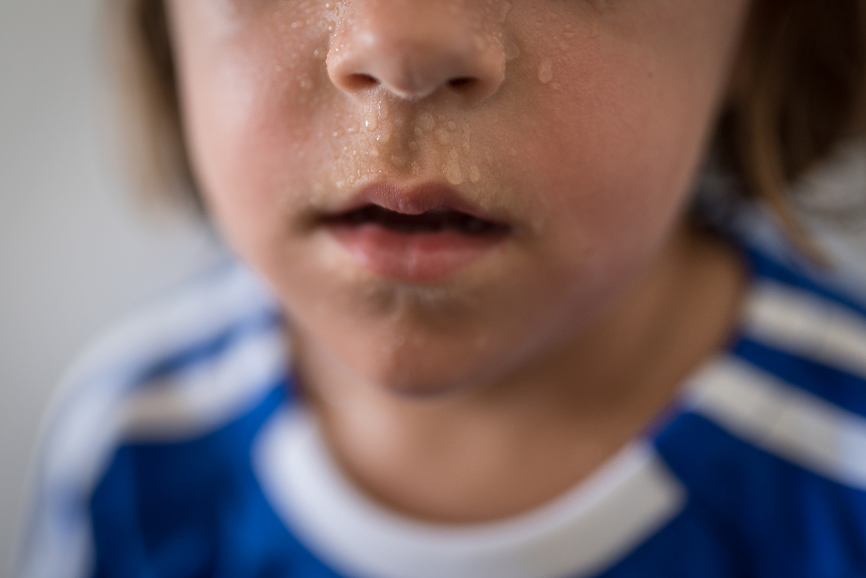Scientists Found an Important Link Between Sweating and Mental Health

By:
It's an old trope that if you have sweaty palms, it means you're nervous about something. According to a study published in the Journal of the American Academy of Dermatology, there could be a much more extreme versions of this physical reaction to anxiousness.
What the study found
The study, which lists 11 different medical doctors as authors, found people with a condition called hyperhidrosis, which causes them to sweat profusely, also typically have higher rates of chronic anxiety and depression. Researchers found 21 percent of people with hyperhidrosis had anxiety, and 27 percent of people with this ailment had depression. Study subjects without hyperhidrosis suffered from anxiety and depression at rates of 7.5 and 9.7 percent, respectively.
"It is significant that hyperhidrosis is associated with anxiety, but it makes perfect sense," Debra Jaliman, an assistant professor of dermatology at the Icahn School of Medicine, who was not involved in the study, told ATTN:. "Excess anxiety makes people sweat more, can make them shake, and causes redness of the face. These are all the physical manifestations of anxiety."
At this point, researchers are not sure if there's a cause-and-effect relationships between hyperhidrosis and anxiety and depression, or simply a significant correlation.
"It's not clear if this is cause-and-effect," Dr. Dee Glaser, a professor of dermatology at Saint Louis University School of Medicine, told HealthDay. Glaser said people who sweat profusely often feel embarrassed about their sweating, which can cause anxiety and depression to worsen.
It's important to note that hyperhidrosis does not mean that you just tend to sweat a little more than most people when it's hot. Hyperhidrosis is a condition where you sweat excessively in one or two parts of your body regardless of temperature, according to the American Academy of Dermatology. Those places may include your head, your feet, your palms or your arm pits. It affects roughly 3 percent of the population.
Skin and Stress
Jaliman said there are many way anxiety and skin issues can be connected. Another common side effect of anxiety, which can show up in the skin, are anxiety rashes. Anxiety causes stress on your body, releasing cortisol and adrenaline, which can both wreak havoc on the skin. Increased acne and rosacea can also occur because of this.

 Stocksy / Alison Winterroth -
Stocksy / Alison Winterroth -